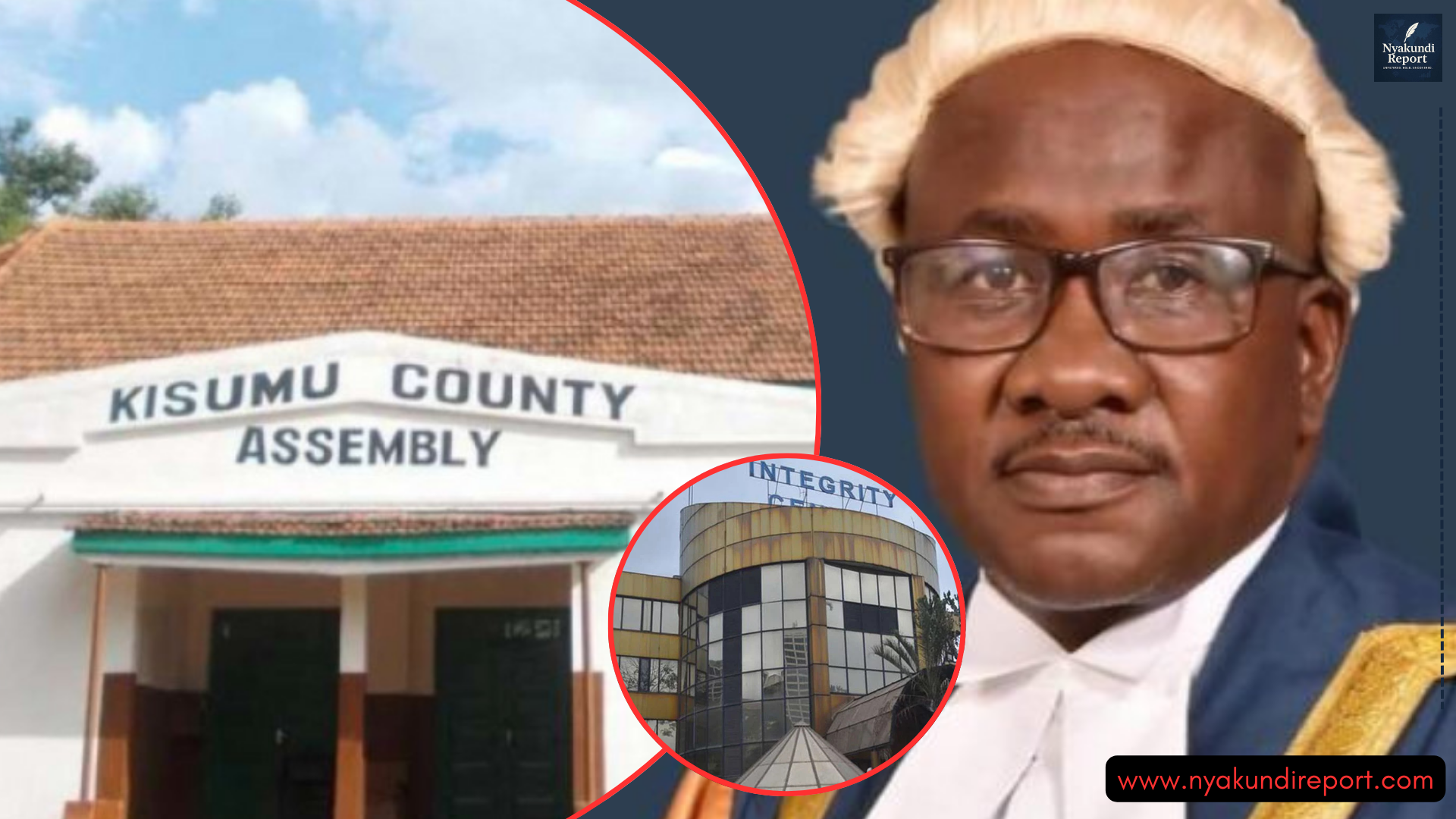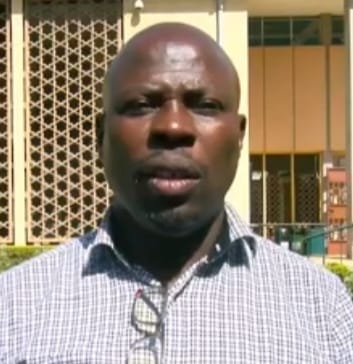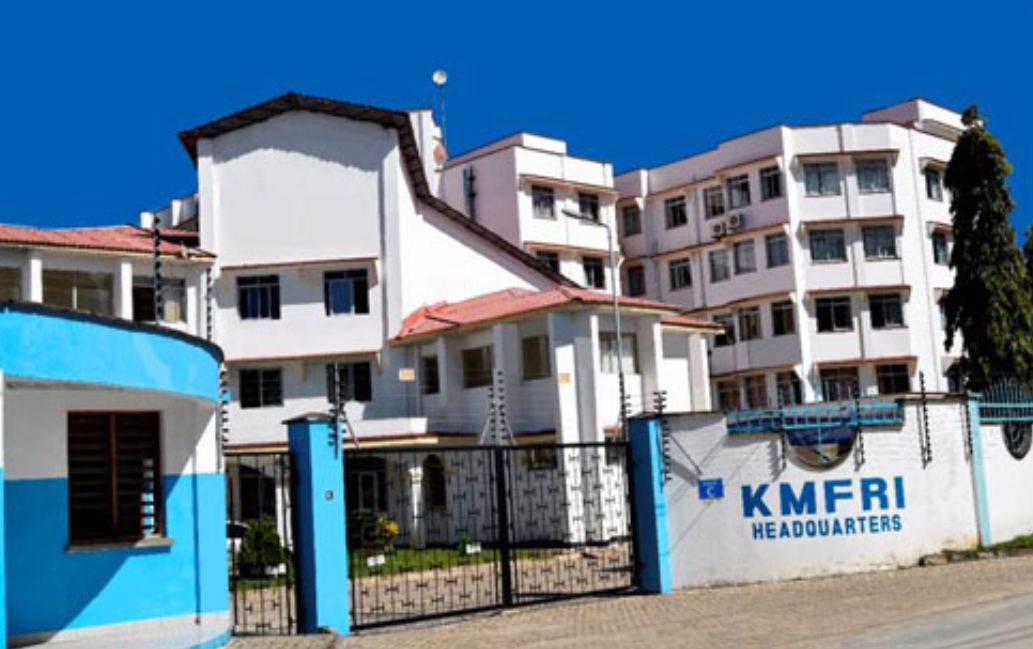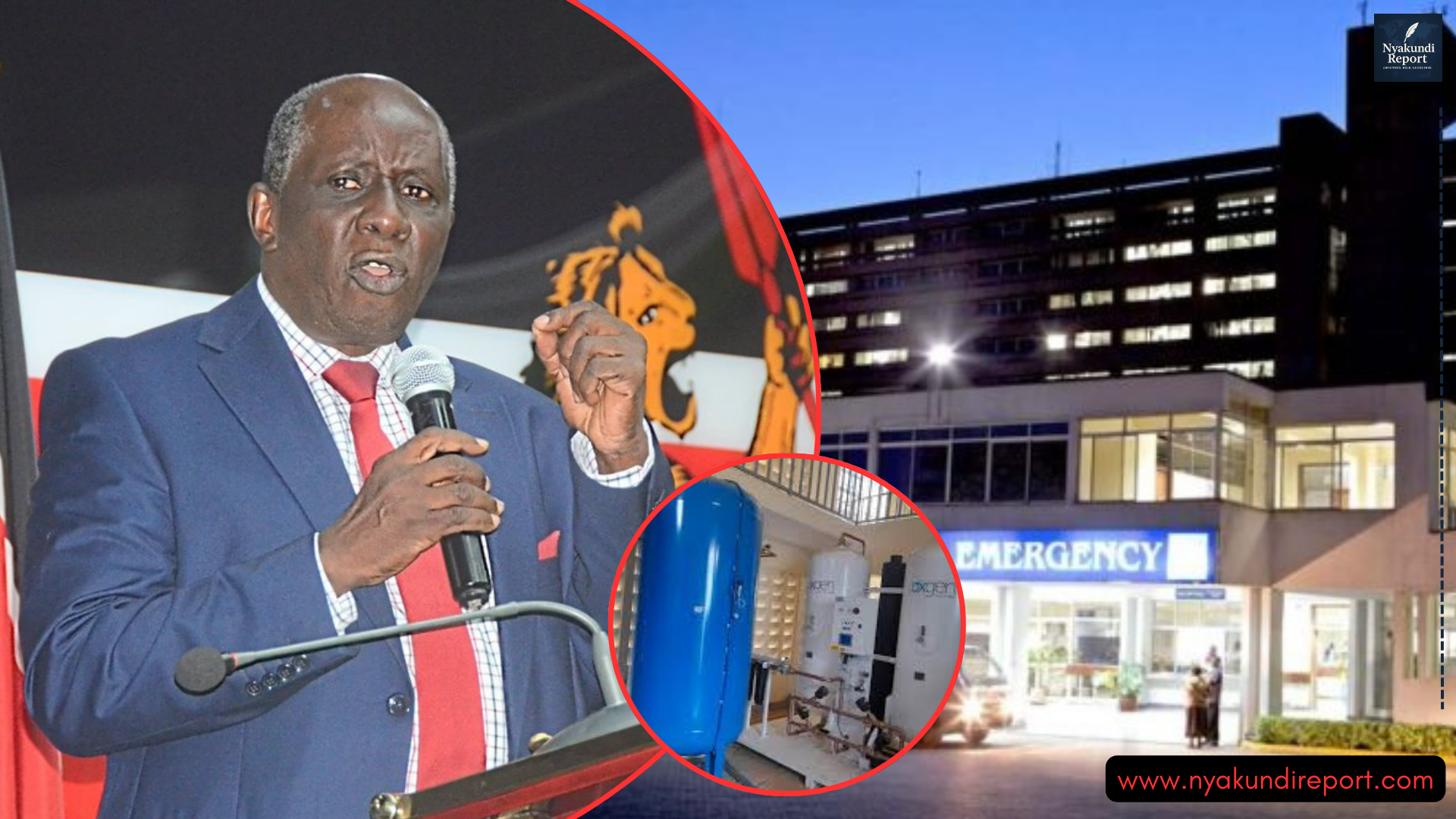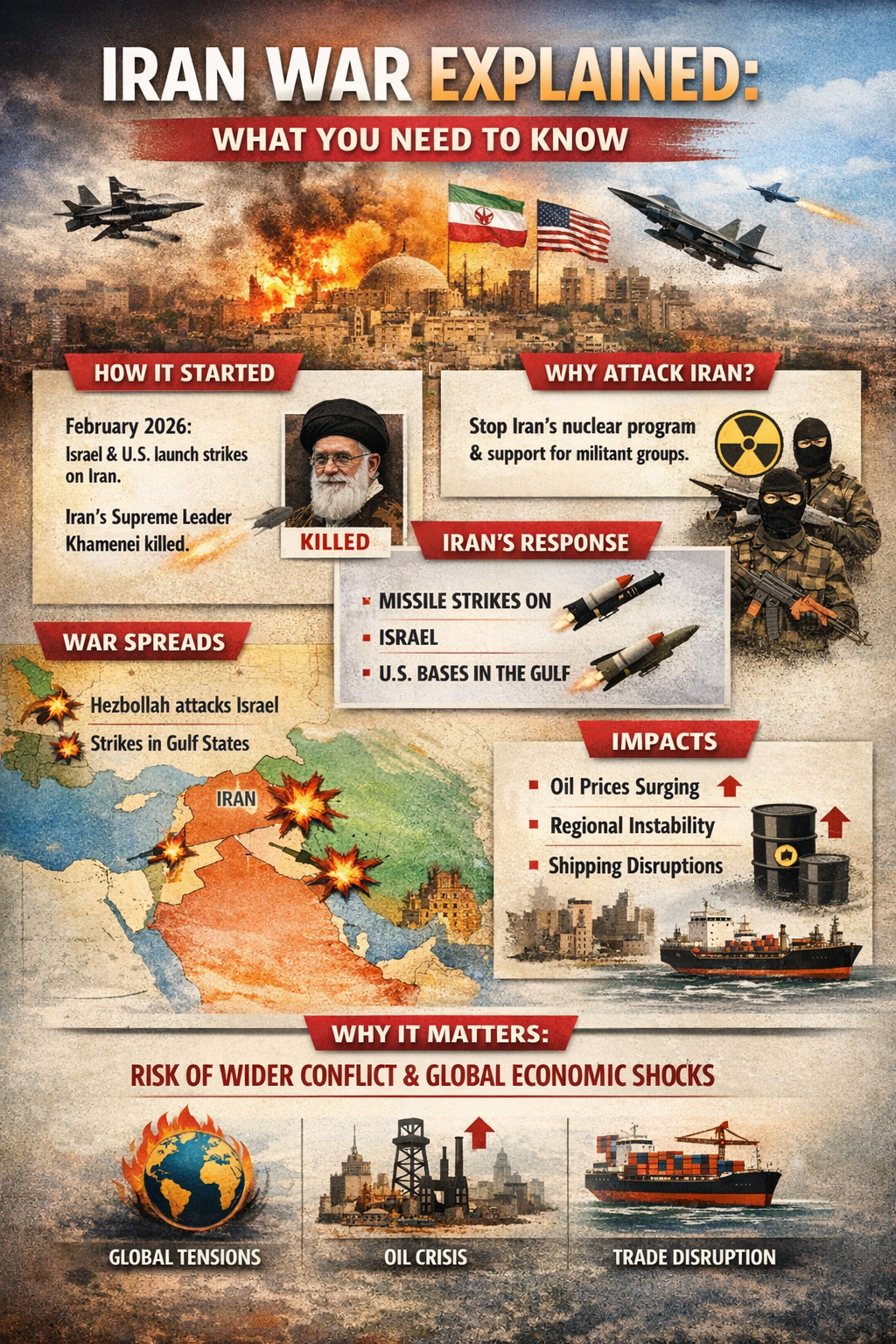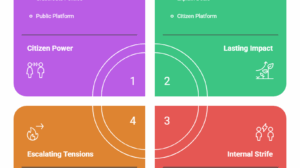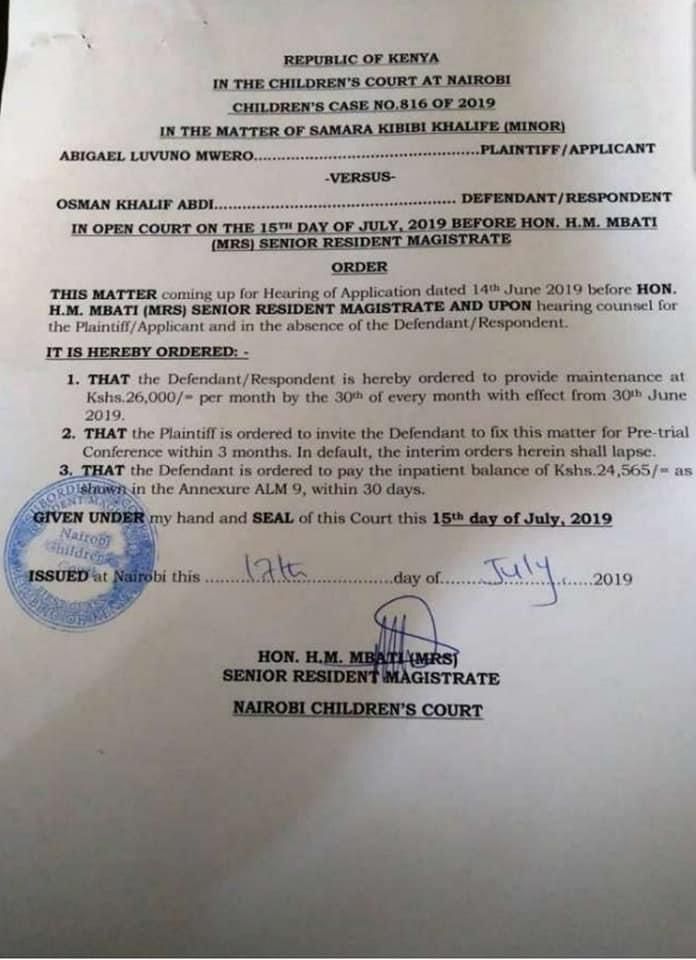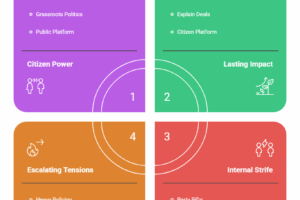Tanzanian businessman Edhah Abdallah Munif’s attempted takeover of East African Portland Cement Plc (EAPC) is facing serious scrutiny. While presented as an investment plan, analysts argue it is instead a last-ditch effort to rescue his troubled stake in Bamburi Cement.
Evidence suggests the bid is less about securing EAPC’s future and more about stripping its assets to plug massive debt holes. With Bamburi struggling under monthly loan repayments, the EAPC deal could be a cover for a bailout rather than a growth strategy.

The Hidden Motive Behind Munif’s EAPC Takeover Bid
Munif’s move to acquire EAPC has unsettled the cement industry. Financial insiders say the transaction is not an industrial expansion but a distress-driven attempt to stabilize Bamburi Cement, which is drowning in debt.
Bamburi is said to be repaying over Sh300 million every month, money linked to the leveraged buyout deal that handed Munif control. To keep the company afloat, Bamburi has already started disposing of key assets, including prime land in Mombasa.
Industry experts believe acquiring EAPC is part of a broader plan to secure more land and assets for liquidation, rather than strengthening operations.
“This is not a growth acquisition. It’s an asset play to rescue Bamburi,” said a senior industry insider.
The bid, critics warn, lacks any clear roadmap for capital investment or innovation at EAPC. Instead, it is viewed as a lowball attempt to buy strategic land and infrastructure at a discount.
Bamburi Cement’s Debt Burden Driving Desperate Moves
The roots of this takeover lie in Bamburi’s crushing debt. Munif reportedly secured Sh23 billion to acquire Bamburi, but how he raised that capital remains unclear.
Now, with debt repayments strangling cash flow, Bamburi is rushing to offload assets. Analysts fear EAPC would suffer the same fate if Munif’s bid succeeds.
“Bamburi is crippled. They are paying Sh300 million monthly and are desperate to liquidate land,” said an insider.
There are also fears Munif might convert EAPC into a subsidiary of Bamburi, consolidating operations and triggering massive layoffs. That prospect threatens livelihoods and risks undoing EAPC’s recent financial recovery.
The EAPC board and shareholders are raising alarms. They argue that Munif’s undervalued offer of Sh27 per share undermines the company’s true market strength.
EAPC has recorded a major turnaround. The board told Parliament that the firm is profitable, paying salaries on time, and has seen its share price rise from Sh4 to Sh60 in ten months.
Selling at Sh27 per share would not only devalue the company but also shake investor confidence across the Nairobi Securities Exchange.
One shareholder warned: “EAPC is a strategic national asset. Using it to fix a failing Bamburi is bad business and bad policy.”
The Attorney General’s office echoed these concerns, telling Parliament that the transaction failed to comply with the Companies Act 2015 and EAPC’s Articles of Association.
Political Pressure and Regulatory Questions
The takeover has also taken a political turn. Coordinated attacks on EAPC’s management have surfaced in the media, raising suspicions of a deliberate campaign to destabilize leadership and smooth Munif’s path.
Regulators such as the Capital Markets Authority (CMA) and the Competition Authority of Kenya (CAK) are now under pressure to scrutinize the deal.
The EAPC board insists it has better alternatives. It has proposed a share buyback and reissue after completing a capital restructuring program. This, they argue, would deepen Kenya’s capital markets and allow local investors to strengthen their stake.
EAPC has confirmed it has the financial muscle to carry out the buyback without selling to Munif.
Wrapping Up
Munif’s EAPC Takeover Bid is no ordinary acquisition. The evidence points to a bailout strategy for a debt-ridden Bamburi Cement, not an investment in Kenya’s cement future.
If regulators approve it without strict oversight, EAPC risks being stripped of its strategic assets, its workers may face layoffs, and Kenya could lose one of its oldest cement makers to a desperate debt play. Safeguarding EAPC means rejecting quick-profit bailouts and protecting long-term national interests.



